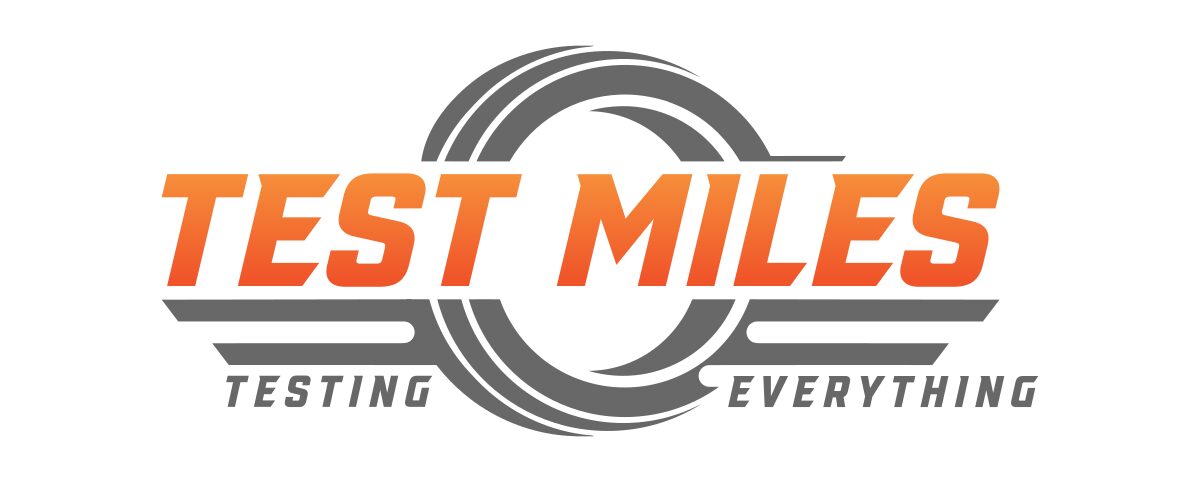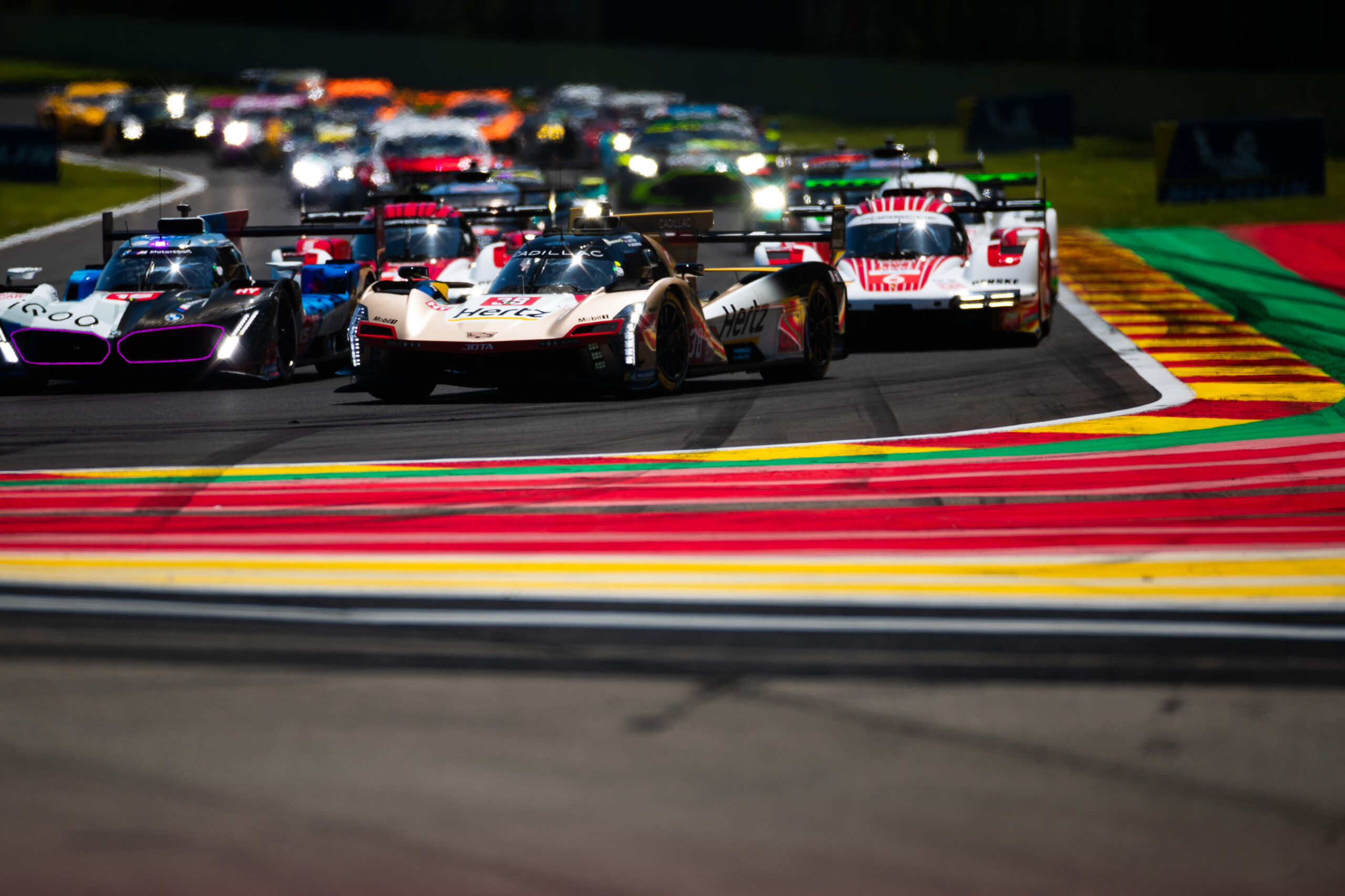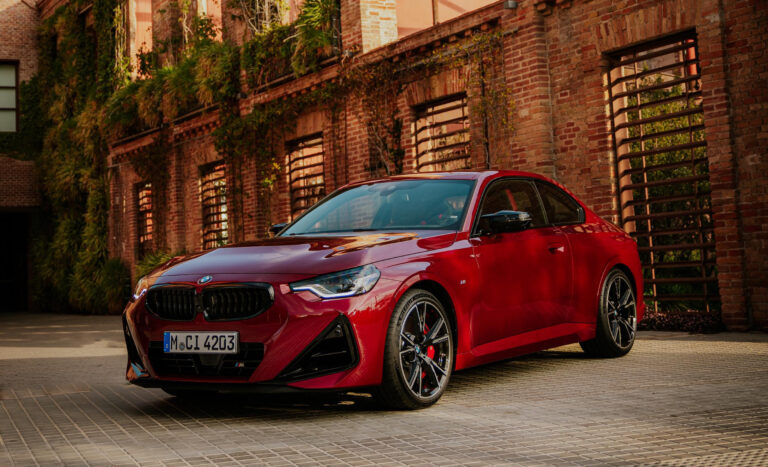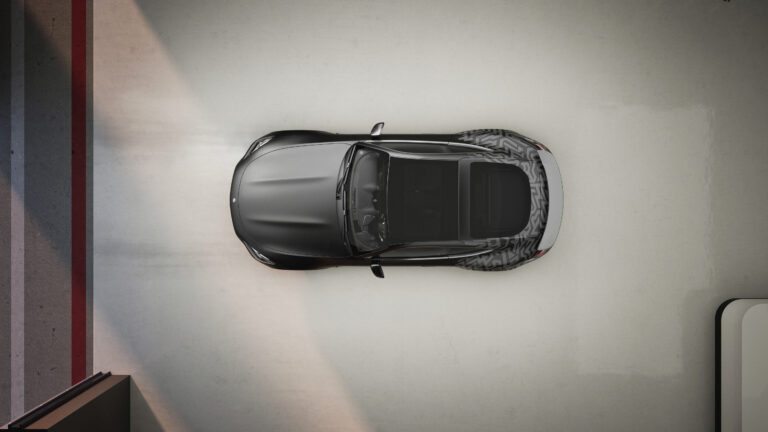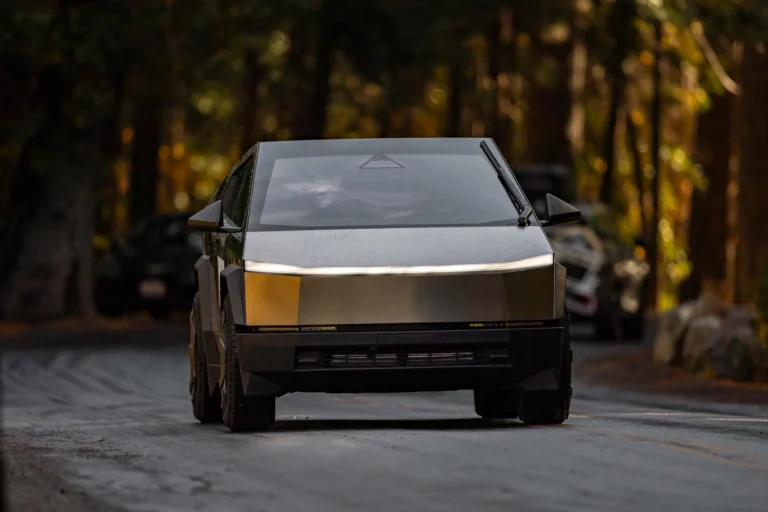AI on the Track: How Cadillac Hertz Team JOTA Is Outsmarting Rivals with Machine Learning, Not Just Horsepower
By Nik Miles | Test Miles
In a racing world dominated by carbon fiber, split-second pit stops, and the occasional existential crisis about downforce, it’s refreshing to see someone turn to a different kind of power: brains over brawn. Or more specifically, algorithms over adrenaline.
Cadillac Hertz Team JOTA—yes, that same gang making waves in the FIA World Endurance Championship’s Hypercar class—isn’t just tinkering with spoilers and praying to the racing gods. No, they’ve partnered with British AI software firm Monolith, and let’s just say the stopwatch is no longer their only metric of success.
Q:
What sets this apart from every other “we’ve got tech too” story?
It’s not just the buzzwords. It’s the execution.
While most race teams are busy crunching data manually or relying on instinct and superstition (“It’s always the left tyre, mate”), JOTA is leaning into machine learning like it’s a trusted co-driver. Their new toolset, spearheaded by Monolith’s “Next Test Recommender” (NTR) and “Test Plan Optimisation” (TPO), automatically identifies the most impactful vehicle tests before the engineers even uncork the Red Bulls.
Yes, it’s AI that tells them what to test next. Think of it like having a team principal who actually knows what they’re doing—only with better bandwidth and zero ego.
Q: How does this affect everyday drivers—or is this just racing fluff?
It matters more than you think. Racing has always been the Petri dish of production car tech. ABS, traction control, paddle shifters—thank endurance racing for all of that. JOTA’s experiment with Monolith is yet another glimpse into how your next EV might be tested, tuned, and perfected without being driven into a wind tunnel 200 times.

The Monolith platform reduces the number of real-world tests needed by predicting performance outcomes with terrifying accuracy. The result? Faster development cycles. Smarter suspension settings. Less rubber burnt unnecessarily. And fewer engineers arguing over Excel.
Q: Is this truly a game-changer or just data-driven hype?
Consider this: Using Monolith’s tools, JOTA engineers have already achieved a forecasted 3% reduction in tyre Contact Patch Load—the invisible handshake between tyre and tarmac. They also fine-tuned pitch control under acceleration, which—if you’re not fluent in suspension geekery—means they can put more power down without the car rearing up like a caffeinated stallion.
Tiny tweaks, yes. But in a class where tenths of a second separate the podium from polite applause, these micro-gains translate into macro wins.
It’s no coincidence that Cadillac Hertz Team JOTA recorded their best collective points haul of the season right after this partnership revved up. Coincidence? Hardly. AI, it seems, doesn’t believe in luck.
Q:
But doesn’t AI kill the romance of racing?
On the contrary. It amplifies it. Imagine a world where engineers spend less time running trial-and-error simulations and more time actually innovating. Imagine if drivers had cars so intuitively tuned, they could push harder into Eau Rouge without a prayer.
AI isn’t replacing the human element. It’s enhancing it. As JOTA’s Technical Director Tomoki Takahashi put it, “Monolith enables us to interrogate complex datasets with speed and precision… ultimately helping us stay competitive at the highest level.”
Translated from engineer-speak: “We’d rather win than guess.”
Contrarian Insight:
Data is the new octane.
While the world obsesses over horsepower, JOTA is quietly stockpiling terabytes. The romantic in you might prefer the smell of race fuel and scorched rubber, but the smart money? It’s on the ones who bring code to a track fight.
Monolith, for their part, is democratising this tech. Their no-code platform—bless them for thinking of journalists and legacy engineers alike—aims to cut product development cycles in half by 2026. That’s not just motorsport efficiency. That’s the death knell of the old-school, burn-and-learn testing approach.
Final Lap
So, the next time someone tells you racing is stuck in the past or just for petrolheads with deep pockets and shallow philosophies, point them to Cadillac Hertz Team JOTA. They’re proving that the future of motorsport—and automotive engineering as a whole—isn’t just faster. It’s smarter.
And if your toaster can now learn your breakfast preferences, why shouldn’t your Hypercar learn how to corner better?
—
Enjoyed this article? Stay in the driver’s seat with more automotive insights! Follow @NikJMiles and @TestMiles on social media for the latest news, reviews, and behind-the-scenes exclusives. Don’t miss out—join the conversation today!
